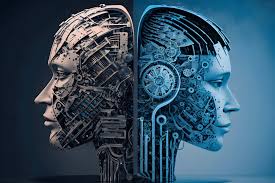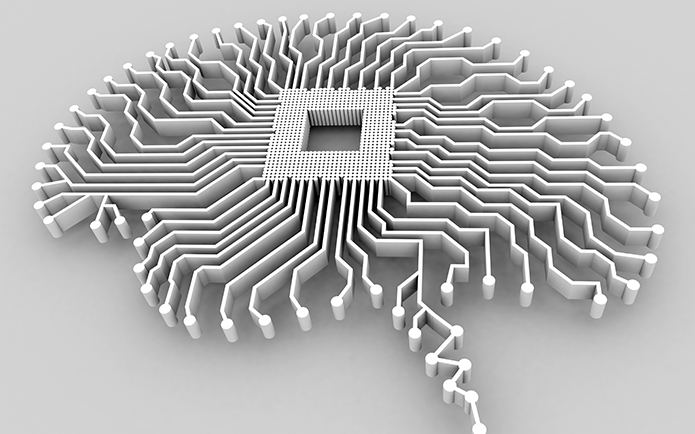Hello!
Despite little evidence that it's a good idea, Nevada is moving forward with plans to use artificial intelligence to decide who gets unemployment benefits.
In an interview with Gizmodo, the director of Nevada's Department of Employment, Training, and Rehabilitation agency — which, yes, is ironically acronym-ed as DETR — insisted that its decision making algorithm will have at least one human "referee" to make sure it's not messing up.
 "There’s no AI [written decisions] that are going out without having human interaction and that human review," DETR's director, Christopher Sewell, told the website. "We can get decisions out quicker so that it actually helps the claimant."
"There’s no AI [written decisions] that are going out without having human interaction and that human review," DETR's director, Christopher Sewell, told the website. "We can get decisions out quicker so that it actually helps the claimant."
Approved last month by the state's Board of Examiners, the Google-powered AI sifts through transcripts and evidentiary documents from hearings to spit out recommendations about whether a claimant should get unemployment benefits — or not.
Should the referee not agree with the AI's decision, the documents will then be revised by the official and investigated by DETR, Gizmodo explains, meaning the process could end up taking up more time rather than less if the algorithm repeatedly gets it wrong.
 "The time savings they’re looking for only happens if the review is very cursory," explained Morgan Shah, the director of community engagement for Nevada Legal Services. "If someone is reviewing something thoroughly and properly, they’re really not saving that much time."
"The time savings they’re looking for only happens if the review is very cursory," explained Morgan Shah, the director of community engagement for Nevada Legal Services. "If someone is reviewing something thoroughly and properly, they’re really not saving that much time."
Ultimately, Shah said, workers using the system to breeze through claims may end up "being encouraged to take a shortcut."
Public Concern
Concerns about the system, which was announced earlier this year after the agency released an unemployment chatbot last summer, were reflected in comments by a former Nevada labor official.
"If a robot’s just handed you a recommendation and you just have to check a box and there’s pressure to clear out a backlog, that’s a little bit concerning," Michele Evermore, who formerly worked in the state's Department of Labor as the deputy director for unemployment modernization policy, told Gizmodo.
 When the website reached out to Google to ask about potential problems with the as-yet-unnamed AI — which the report indicates cost about $1 million taxpayer dollars to commission — a spokesperson for the tech giant said that the company "work[s] with our customers to identify and address any potential bias, and help them comply with federal and state requirements."
When the website reached out to Google to ask about potential problems with the as-yet-unnamed AI — which the report indicates cost about $1 million taxpayer dollars to commission — a spokesperson for the tech giant said that the company "work[s] with our customers to identify and address any potential bias, and help them comply with federal and state requirements."
As with most attempts at using this still-nascent technology in the public sector, we probably won't know how well the Nevada unemployment AI works unless it's shown to be doing a bad job — which feels like an experiment being conducted on some of the most vulnerable members of society without their consent.
Thank you!
Join us on social media!
See you!






